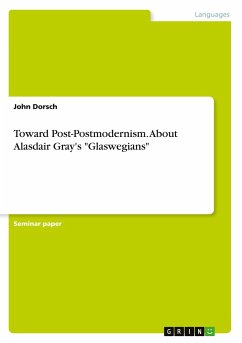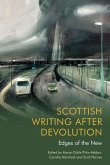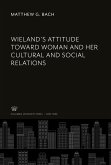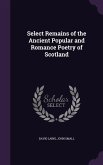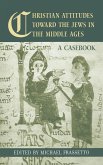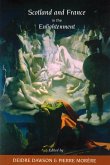Seminar paper from the year 2014 in the subject Literature - Comparative Literature, grade: 1,0, University of Tubingen, course: Dubliners and Glaswegians, language: English, abstract: Despite often being described as the prototypical author of postmodern literature, in a letter to Dietmar Böhnke, Alasdair Gray has this to say about postmodernism, "Post modernism seems the creation of scholars acquiring a territory to lecture upon." - thus ridiculing his status as a postmodern writer. In this paper, I'll work closely with Gray's short story collection, Glaswegians, and will interpret whether it is modern, postmodern, or post-postmodern. To assist my determination, I will investigate the history of the postmodern, dividing it into its philosophical and cultural vocabularies. The result of my investigation and interpretation is that Glaswegians is a post-postmodern work because, despite the play with what could be called a postmodern elements, it provides the reader with answers topostmodern dilemmas and points to something "outside the text".
Hinweis: Dieser Artikel kann nur an eine deutsche Lieferadresse ausgeliefert werden.
Hinweis: Dieser Artikel kann nur an eine deutsche Lieferadresse ausgeliefert werden.

